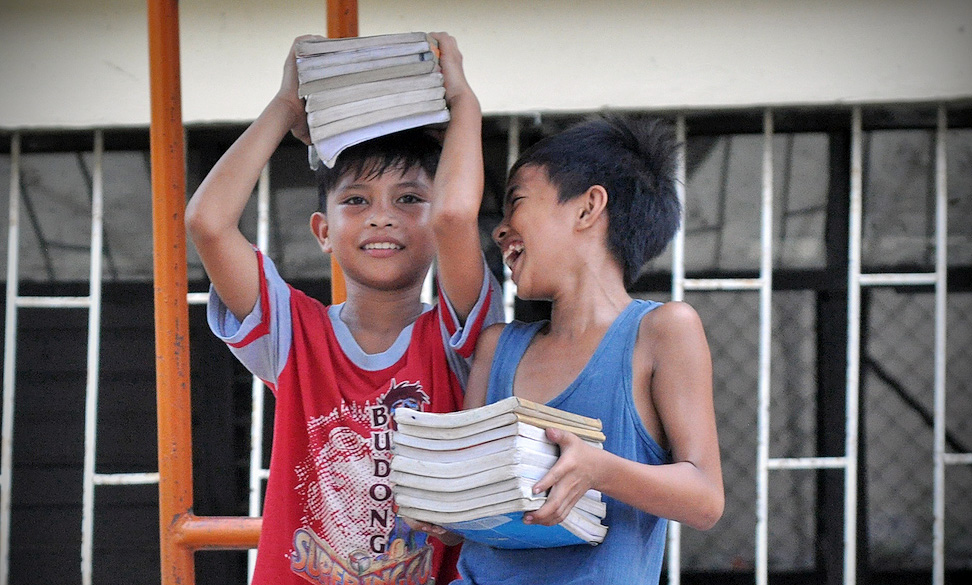With few more days to go before classes formally begin this school year, Senator Win Gatchalian is calling for strong enforcement of anti-cyberbullying measures in schools to combat learners’ increased exposure to harassment and threats amid the COVID-19 pandemic.

Gatchalian cited Republic Act No. 10627 or the “Anti-Bullying Act of 2013,” which requires all elementary and secondary schools to adopt policies that would address bullying. According to the lawmaker, cyberbullying already hounds the country’s learners but when the COVID-19 pandemic hit and they are forced to spend more time with their devices, they face an increased risk of violence and abuse online.
According to the latest National Baseline Study on Violence Against Children, about 43.8 percent of Filipino children aged 13-17 experienced cyber violence. One-third of these were in the form of verbal abuse over the internet or cellphones. One-fourth were in the form of sexual messages. Around 2.5 percent also experienced having their own nude body or sexual activities, both real and falsified, shown online.
Gatchalian also recalled the results of the Programme for International Student Assessment (PISA) 2018, which revealed that out of 79 countries, the incidence of bullying is highest in the Philippines with 65 percent of Filipino high school students experiencing bullying “at least a few times a month.” This is way beyond the 23 percent average in other countries that participated in the global survey.
The 2018 PISA results showed the adverse effects of bullying on both the aggressor and the victim, including poorer academic performance and an increased tendency to skip classes and drop out. Students who reported being threatened scored 65 points lower in Reading compared to those who did not face similar experiences. The global survey also showed that students whose peers made fun of them scored 13 points lower than those who reported that they experience similar incidents less frequently.
“Bahagi ng ligtas na pagpapatuloy ng edukasyon sa gitna ng pandemya ang pagsugpo sa bullying. Kahit na nananatili ang ating mga mag-aaral sa kanilang mga bahay, patuloy dapat ang ating mga hakbang upang protektahan ang ating mga mag-aaral dahil hindi nawawala ang posibilidad na makaranas sila ng bullying at iba pang anyo ng pang-aabuso at karahasan,” said Gatchalian, Chairman of the Senate Committee on Basic Education, Arts and Culture.
Under the Anti-Bullying Act of 2013, schools are directed to have clear strategies and procedures for responding to and reporting acts of bullying, protecting people who report bullying incidents from retaliation, providing counseling, and referring appropriate services for victims, their families, and perpetrators. The law also mandates the Department of Education to have training programs, courses or activities to increase knowledge and skills against bullying.
Gatchalian also reiterated the need to mobilize Child Protection Committees (CPC) to counter all forms of child violence and abuse. The creation of CPCs are mandated by DepEd’s Department Order No. 40 s. 2012.


